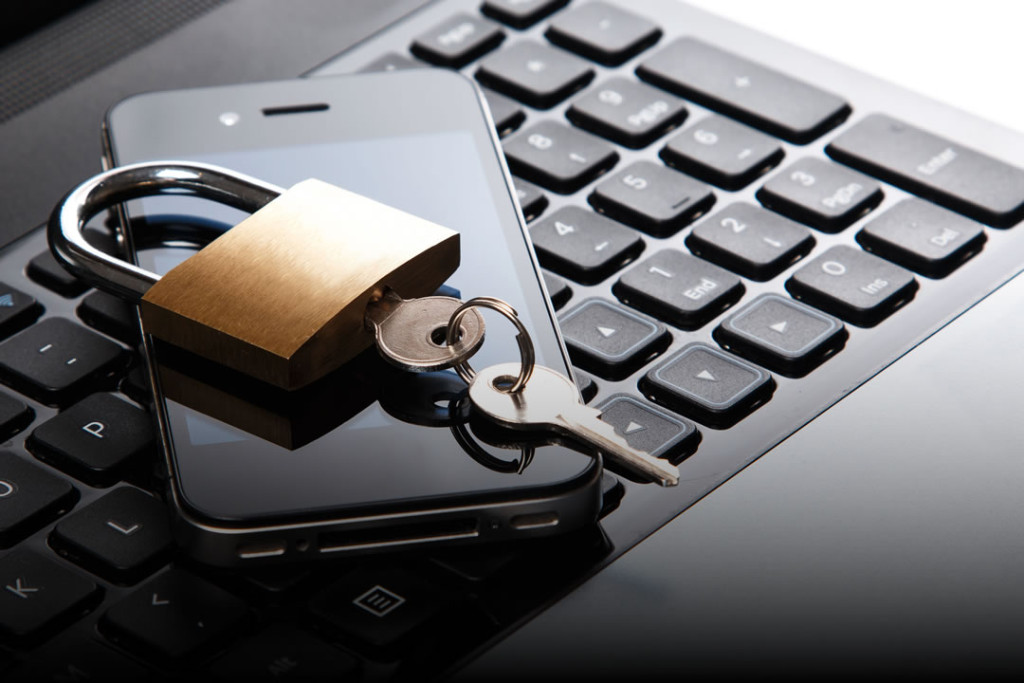
No matter what blog or magazine read these days, it seems like everyone is talking about today’s increasingly mobile workforce and the BYOD (Bring-Your-Own-Device) movement.
We live in an exciting time when work can be done at any time from any place. Employees love the fact that they can get work done on their iPad as they sit poolside sipping a Pina Colada.
Businesses love the cost savings along with the happier and more productive employees they’re noticing. Meanwhile, customers and clients take note that their emails are commonly answered outside traditional work hours with a “Sent from my iPhone” tagline at the bottom.
Like anything related to business technology, there are naysayers who are quick to warn that a more mobile and dispersed workforce also means increased security risks.
Do they have a point?
It turns out there are some very legitimate concerns but nothing that can’t be minimized, if not altogether eradicated, with the practice of safe BYOD.
Here are a few suggestions
Create a Mobile Device Security Policy: A comprehensive mobile security policy is critical. This policy must cover everything from the type of devices allowed to how and where data and files are edited, saved, and shared.
Combining this policy with a sound mobile strategy is your best bet to integrate BYOD into your workplace with minimal consequences.
Enforce this Policy: It’s good to take the time to prepare a document that outlines policy, but don’t stop there. Be sure to enforce this policy. This is especially important for small-to-midsize businesses, particularly startups that are sometimes guilty of being too laid back despite all the caffeine consumed at their in-office coffee bars.
Make the following words your mantra when it comes to enforcing this policy. No Exceptions. Ever. Seriously, 41% of small businesses have a BYOD policy in place but 25% make exceptions to their own rules.
Train Employees: A BYOD plan has no chance of succeeding unless it is properly communicated to users. It’s important that each employee recognize his or her responsibilities and the repercussions of failing to follow security rules.


